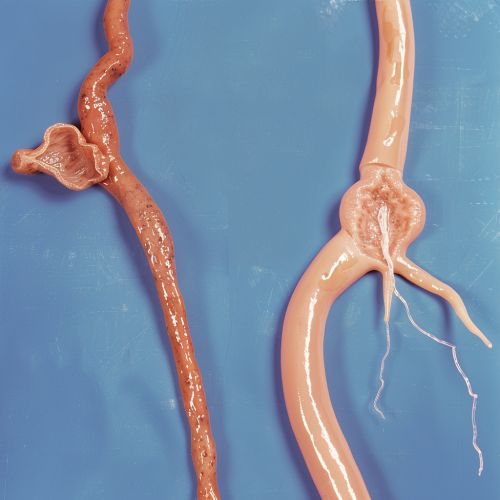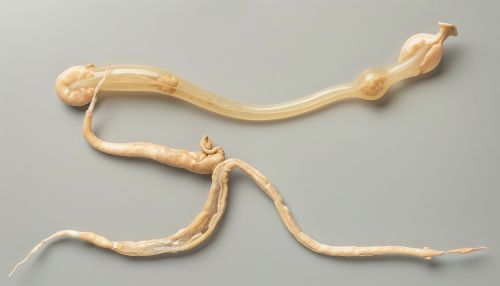Ureteral Stricture
Overview
A ureteral stricture, also known as ureteral stenosis, is a medical condition characterized by the narrowing of one or both ureters. The ureters are the tubes that transport urine from the kidneys to the bladder. This narrowing can lead to numerous complications, including hydronephrosis, infection, and kidney damage.


Causes
Ureteral strictures can be caused by a variety of factors. These include congenital abnormalities, ureterolithiasis (stones in the ureter), previous surgery on the ureter, radiation therapy, and certain infections or inflammatory conditions. In some cases, the cause of the stricture may be unknown, a condition referred to as idiopathic ureteral stricture.
Symptoms
Patients with ureteral strictures may experience a range of symptoms, depending on the severity of the stricture and the presence of any associated complications. These symptoms can include flank pain, hematuria (blood in the urine), recurrent urinary tract infections, and symptoms of kidney dysfunction.
Diagnosis
The diagnosis of ureteral stricture typically involves a combination of medical history, physical examination, and imaging studies. Imaging studies can include ultrasound, CT scan, MRI, and intravenous pyelogram (IVP). In some cases, a cystoscopy may be performed to visualize the ureter directly.
Treatment
The treatment of ureteral stricture depends on the severity of the stricture, the underlying cause, and the patient's overall health. Treatment options can include observation, ureteral stenting, balloon dilation, endoureterotomy (cutting the stricture), and ureteral reconstruction surgery. In severe cases, removal of the affected kidney may be necessary.
Prognosis
The prognosis for patients with ureteral stricture varies widely, depending on the underlying cause, the severity of the stricture, and the success of treatment. In general, patients who receive appropriate treatment can expect a good prognosis, although long-term follow-up may be necessary to monitor for recurrence of the stricture.
